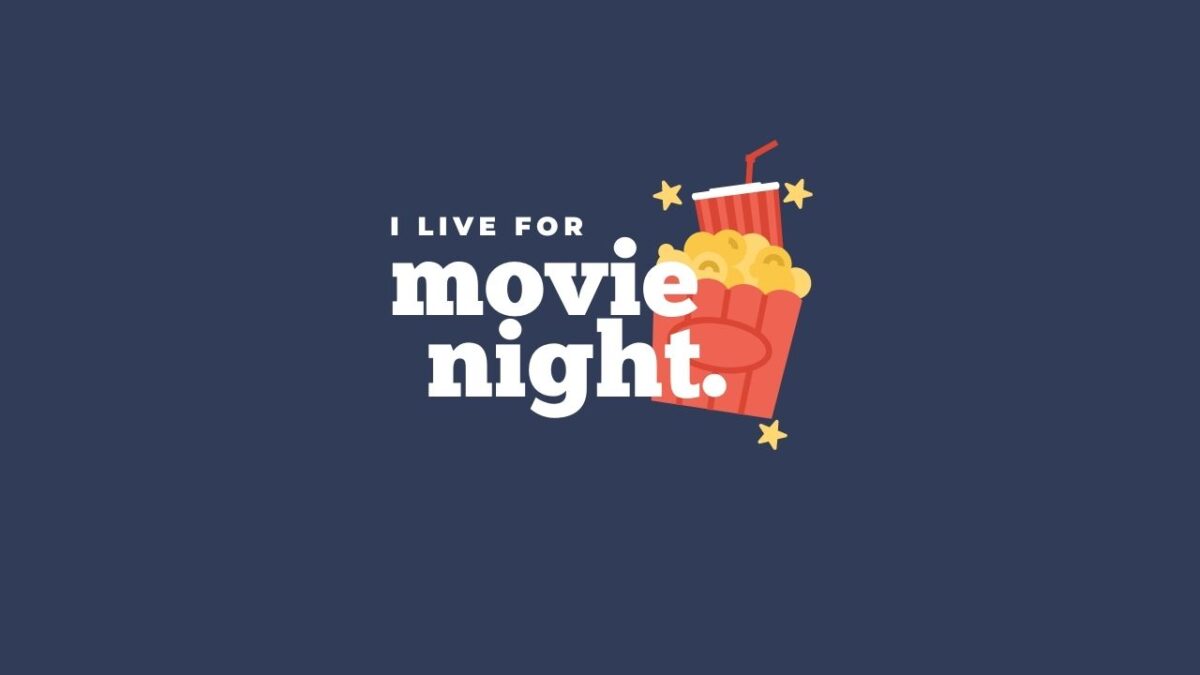
Movie trailers and professional resumes both have very important jobs for the individuals behind them.
In the film industry, a 2-minute trailer can make the difference between a flop or a blockbuster based on the social media and public response.
When you are job-hunting, making a positive first impression is just as essential now as platforms like LinkedIn and online applications brings more candidates to each opportunity.
If you love movies, try taking a cinematic approach to crafting your resume. Screen these lessons on what movie trailers can teach you about getting more interviews.
1. Have a strong opening.
The average time a recruiter spends looking at a resume is only about 6 seconds.
You have to capture their attention quickly. Ensure your resume has a strong summary or brand profile that addresses the employer’s needs and prompts them to keep reading.
2. Close out on a high note.
You also need an effective closing because the beginning and end of any event is what stands out most in our minds.
Summarize the specific reasons why you think you’re a great candidate and demonstrate your enthusiasm.
3. Speak the same language as your target companies.
Movie trailers may not talk about keywords, but they’re sure to mention any Academy Awards, big stars, and other attractions.
When you write your resume, include the words that automatic scanners and decision makers in your industry resonate with and understand.
4. Address the elephant(s) in the room.
Even if your last job had no achievements or you don’t know how to manage large budgets, you can still have an impressive resume.
Just focus on your strengths and minimize skill gaps.
5. Listen closely to the peanut gallery.
Some major trailers cost more than a million dollars to produce, so studios gather a lot of input first.
See what your friends, colleagues and mentors think of your resume as they may have helpful recommendations.
6. Generate excitement and cause a stir.
Successful trailers create a mood and capture your interest.
Remember that you’re using your resume to market yourself rather than just describing your work history.
Pay attention to the trailers the next time you’re at the movies waiting for the main feature to start.
You may find valuable ideas about how to write a resume that makes employers want to see more.



